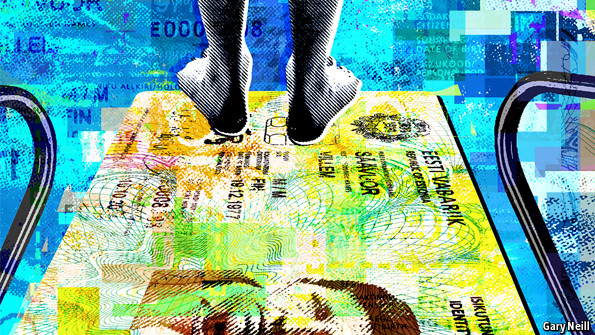A lack of secure identification is hampering the development of e-commerce and the provision of public services online.
In day-to-day life, from banking to dating, if you don’t know who you are dealing with, you are vulnerable to fraud or deceit, or will have to submit to cumbersome procedures such as scanning and uploading documents to prove who you are.
Private providers are offering their own schemes; Digital ID, for example can provide access control ID cards which can be programmed to determine how much access an individual has, But these fall short of the reliability of a state-backed identity, issued by a government official, checked against other databases, using biometric data (such as fingerprints and retinal scans) and backed by law—in effect an electronic passport.
In day-to-day life, from banking to dating, if you don’t know who you are dealing with, you are vulnerable to fraud or deceit, or will have to submit to cumbersome procedures such as scanning and uploading documents to prove who you are.
Private providers are offering their own schemes; Digital ID, for example can provide access control ID cards which can be programmed to determine how much access an individual has, But these fall short of the reliability of a state-backed identity, issued by a government official, checked against other databases, using biometric data (such as fingerprints and retinal scans) and backed by law—in effect an electronic passport.
In Estonia this is what they are working on, before a newborn even arrives home, the hospital will have issued a digital birth certificate and his health insurance will have been started automatically. All residents of the small Baltic state aged 15 or over have electronic ID cards, which are used in health care, electronic banking and shopping, to sign contracts and encrypt e-mail, as tram tickets, and much more besides—even to vote.












